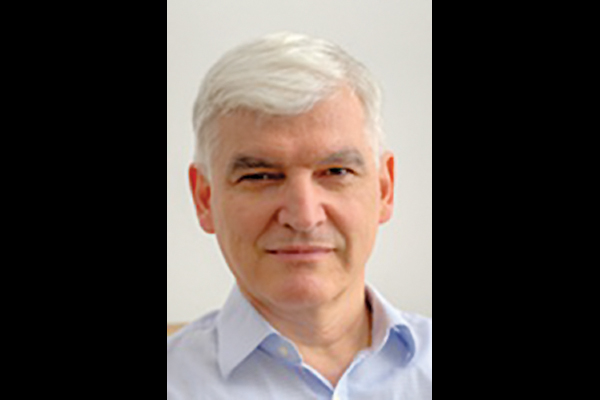U of O research makes major breakthrough in fight against heart disease
The University of Ottawa Heart Research Institute (UOHRI) received recognition for its groundbreaking research on genetic predisposition to coronary artery disease published in Nature Genetics on Sept. 7.
Coronary artery disease occurs when the arteries supplying blood and oxygen to the heart become blocked, and is one of the main causes of death and disability in developed countries, according to Centres for Disease Control and Prevention.
The paper used data from the 1000-genomes project, and examines how to identify a genetic predisposition to coronary artery disease.
One of the impressive results of this research is the identification of 10 new risk markers, two of which are recessive genes identified through a novel statistical method of analysis by post-doctoral fellow, Dr. Majid Nikpay.
With the new method, the team was able to find 202 genetic variants in 129 gene regions that together explain 23 per cent of the heritability of coronary artery disease. This may still fall short of solving the entire mystery, but it’s big step forward from the previously reported 11 per cent.
Perhaps more importantly, the researchers were able to demonstrate the importance of small and more common factors in an individual’s susceptibility to the disease, whereas most groups have been focusing on large, but rare variants.
By identifying these subtler but more common risk groups, the outcomes of the study could provide valuable tools for developing personalized diagnostics and treatment for coronary artery disease.
In other words, doctors would be able to suggest what action a specific patient should take to lower their risk of developing or worsening the disease, based on genetic testing.
“Many of these genetic variants are likely to exert their effects on the walls of arteries, making them more susceptible to the common heart disease risk factors such as cigarette smoking, diabetes and cholesterol,” said Dr. Ruth McPherson, Director of the Ruddy Canadian Cardiovascular Genetics Centre at the UOHRI.
Of course, a lot of work is still to be done before studies like these could significantly alter the course of modern healthcare development.
Dr. Calum Redpath, clinician-scientist and staff cardiologist in the department of electrophysiology at the UOHRI and assistant professor in the division of cardiology, acknowledges that studies like this are a “fabulous foundation” for future endeavours, but that we are “miles away” from using the acquired knowledge in clinical practice.
“Going from zero knowledge, we certainly know an enormous amount compared to, say, 20 years ago,” he said.But for now, it’s still a bit like an enormous fishing experiment.”





